Heat kills
Weather extremes are intimately linked to even small increases in global average temperatures.
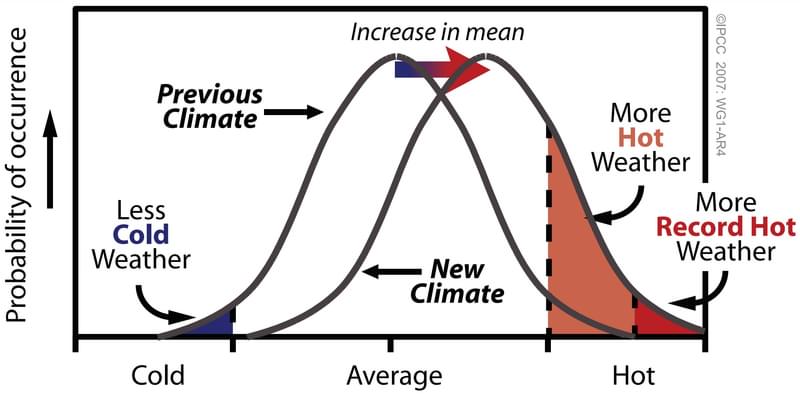
My monthly, globally syndicated column for Project Syndicate, translated into a dozen languages, and my earlier bi-weekly Risky Climate column for Bloomberg Green.
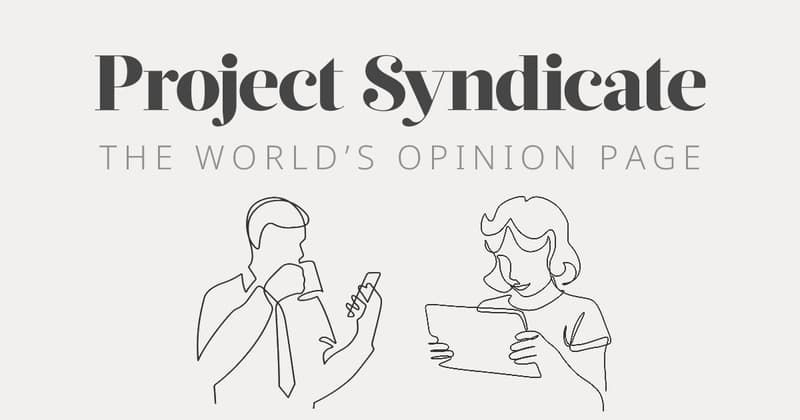
Weather extremes are intimately linked to even small increases in global average temperatures.

New information about the link between atmospheric CO₂ and eventual global average warming bolsters the case for climate policy now
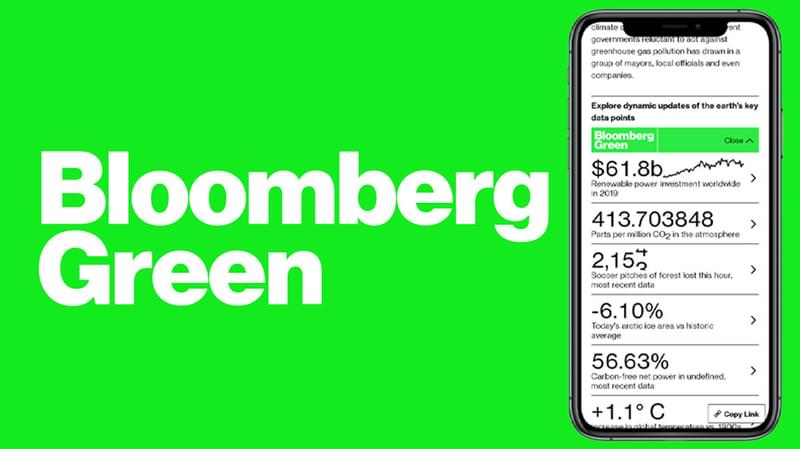
To effect change, climate activists need to pursue both divestment and limiting demand for carbon emissions.

The economics of climate attribution are lagging behind the impacts of dangerous weather.

My Covid-climate thoughts organized in one place, in reverse chronological order
Solar geoengineering is fast, cheap, scary, and inevitable
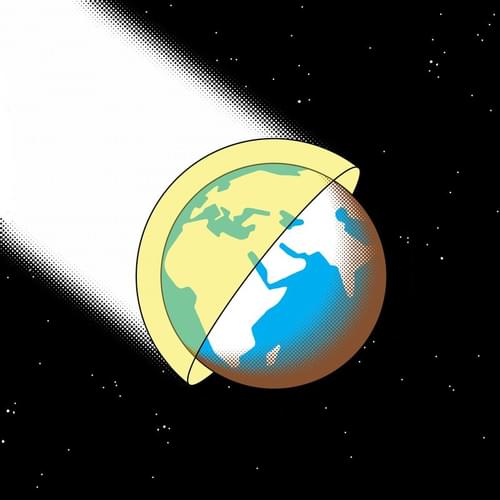
Whether the problem is COVID-19 or climate change, the market on its own will not produce a sufficient quantity of goods – like therapeutic drugs or environmentally sustainable growth – that benefit society. Capitalizing on America’s private-sector dynamism will require the state to create incentives to produce such “social goods.”
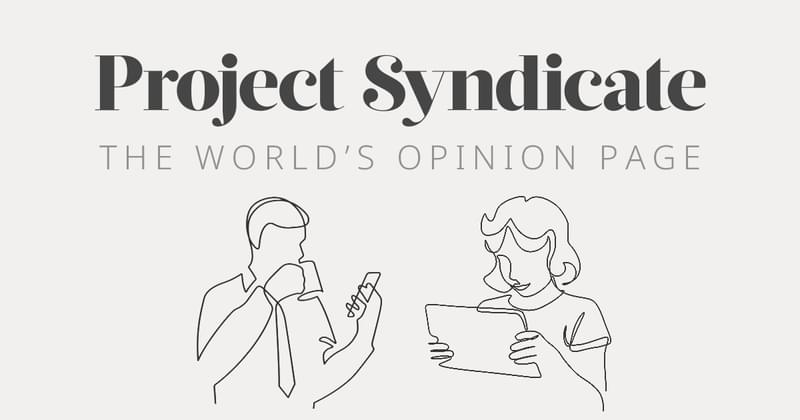
If COVID-19 has taught us anything, it is that delaying prudent policymaking does not merely result in higher marginal costs down the road. Rather, it puts us on an entirely different trajectory – one that all too easily can end in catastrophe.

Testing and taxing are important steps in the fights against the pandemic and climate change— and both have their limits.

Like climate economics, the economics of Covid-19 mean we need to take aggressive action, not incremental steps.
